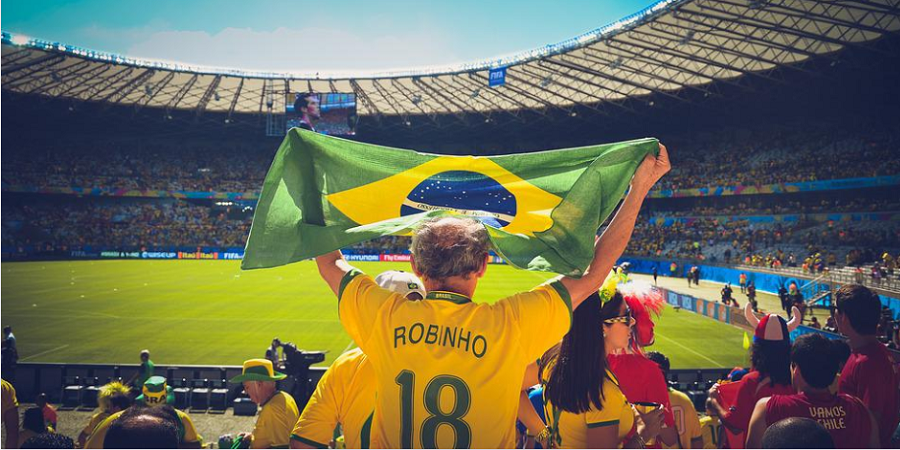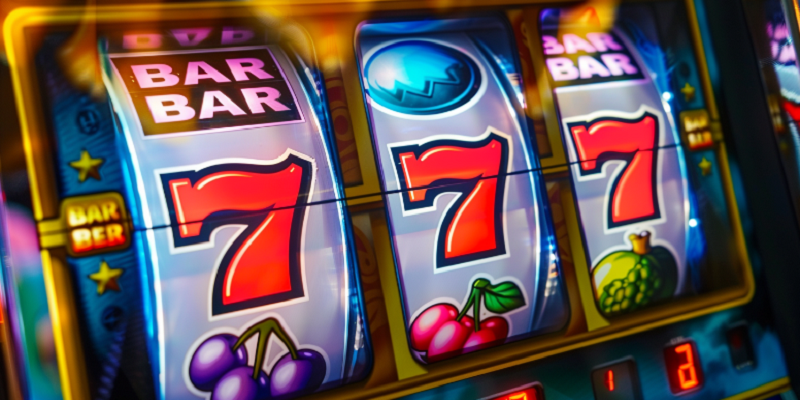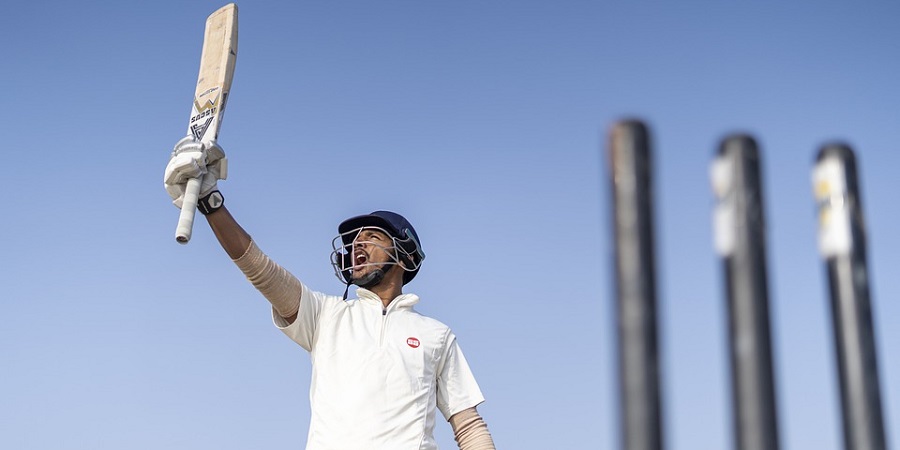In recent years, Brazilians have been spending more hours online than almost any other nation. According to data from DataReportal, the average Brazilian spends over 9 hours per day connected to the internet, compared to a global average of around 6.5 hours. This surge in online activity is not just about social media scrolling or video streaming. It increasingly includes digital entertainment such as gaming, streaming sports, and even trying their luck in reputable casinos not on GamStop, which attract those seeking alternatives outside of local restrictions.
One key driver behind this trend is the expansion of mobile internet access. Brazil now has more than 215 million mobile connections, a figure that actually exceeds the country’s total population. Affordable smartphones and competitive mobile data plans have created a culture of constant connectivity. For many, the phone is the primary way to access the internet, transforming how Brazilians interact with media, shopping, banking, and leisure.
Another factor is the cultural embrace of online gaming and gambling. Reports suggest that more than 70% of internet users in Brazil play some form of digital game, from mobile apps to console-based platforms. Online casino-style games have also gained traction, particularly since the government has been moving slowly on regulating the industry. With uncertainty over local frameworks, many users turn to international platforms, enjoying slot titles, poker, and live dealer games streamed from abroad.
The pandemic accelerated this transformation. During the strict lockdowns of 2020 and 2021, online usage spiked as Brazilians relied on the web for work, education, and social connection. Streaming services like Netflix saw record subscriptions, while e-commerce platforms reported sales growth of 40% year-on-year. Even as restrictions eased, the habits stuck. Digital entertainment and online shopping became part of daily routines.
Economically, this shift is significant. Brazil ranks among the top 5 countries worldwide in social media use, with over 150 million active users. Influencer marketing, esports sponsorships, and online casinos are thriving industries feeding off the country’s appetite for digital experiences. The government, meanwhile, faces mounting pressure to clarify laws on online gambling, which could open the door to billions in tax revenue.
Yet, there are challenges. Heavy reliance on the internet highlights concerns over digital addiction, cybercrime, and the need for better regulation. Analysts warn that while the online economy grows rapidly, safeguards for consumers must keep pace. Reliable payment systems, clear rules for gambling sites, and stronger data protection laws will be crucial in the coming years.
Still, the direction is clear: Brazil’s future is firmly online. Whether through gaming, streaming, or exploring casino platforms, Brazilians continue to expand their digital footprint. With one of the world’s most connected populations and a young, tech-savvy demographic, the country is likely to remain at the forefront of global digital culture.






